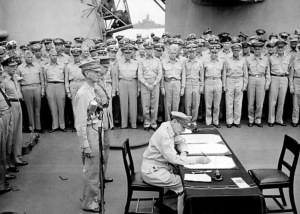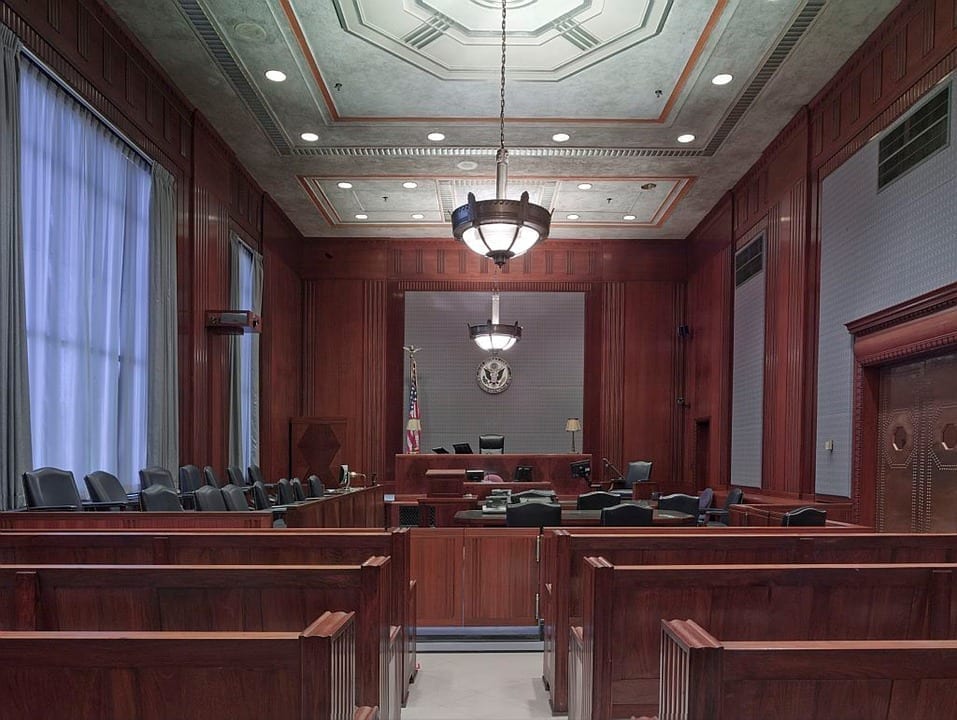We all have the right to live, move, grow, and own, regardless of our race or nationality. We have those rights by the mere fact of being human.
Many of the rules and norms on conduct that we know today have been tested first in the international arena. Regrettably, many terrible crimes have taken place in human history throughout the world, which led to the origin of these regulations, and then the adaptation of them in other nations .
There has been a long debate around the requirement of establishing international tribunal and courts and whether there should be an exclusive reliance on national legal processes instead.
After the perpetration of atrocities during the 20th century, the creation of international supplements to national structures of justice was understood as an opportunity to provide more effective enforcement and protection of individual rights all around the world.
In this article, we’ll take a look at some of the most famous international trials that have shaped the modern legal framework, setting the precedent for accountability against those individuals responsible for war crimes and Crimes Against Humanity among others.
First, some context.
The Rome Statute is one of the sources of international criminal law, along with the Geneva Conventions and their protocols.
For those who might not be familiar with international law, it’s important to understand the essence of what’s known as the “principle of complementarity”. According to Article 17 of the Rome Statute, the International Crime Court (ICC) has the competence of exercising jurisdiction where states are unable or genuinely unwilling to investigate or prosecute, without replacing judicial systems that function properly.
This is why in the following cases we’ll see the intervention of international institutions, sometimes even the ad hoc creation of tribunals for specific cases.
- The Nuremberg Trials
After winning World War II, the Allies–the United States, the Soviet Union, France, and Britain–decided during the Potsdam Conference 1945 that the Nazi war criminals were to be put on trial. Through the London Charter, the rules and procedures were set down to conduct what will be known as the Nuremberg Trials.
The key point behind this was to set the precedent of due process for war crimes, crimes against peace, and humanity since the prosecution of the Nazi leaders had no background to be based on. This is how an International Military Tribunal was created, with judges from each of the four Allied countries. Proceedings would be led in Nuremberg.
The process began with the major German leaders, followed by lower-level functionaries such as judges and doctors who implemented Hitler’s policies. The major significance behind these cases was the adoption of the Nuremberg Code: 10 principles that ended up shaping human research’s framework around the globe.
Of the twenty-two Nazi defendants in the first Nuremberg trial, nineteen were convicted. Twelve of them, sentenced to death and the other seven had to serve prison terms.
- Tokyo War Crimes Trials
The International Military Tribunal of the Far East, after U.S. Supreme Commander Douglas MacArthur’s victory, was the institution designated to prosecute 28 high-ranking Japanese leaders for the war crimes committed during World War II.

The defendants faced charges such as Crimes Against Humanity and waging aggressive war. They were all found guilty, which led to their sentences: seven of them were sentenced to death, sixteen to life terms, two to shorter terms, two died during the trials and the other one was found insane.
- Eichmann’s trial
Adolf Eichmann was a lieutenant colonel in the SS of Nazi Germany, during WWII. His prior responsibility was the transporting of Jews from different locations to the killing centers in Eastern Europe. After the Nazi defeat, Eichman escaped to Argentina where he lived anonymously for almost two decades until he was captured by Israeli security service agents in May 1960 and taken to Israel.
In 1961, the case of Attorney General of Israel v. Eichman established the precedent of universal jurisdiction. The court made a reference to the interest of all mankind, highlighting the responsibility of every state, as parts of the “family of nations”, to prosecute those who committed international crimes.
The court asserted: “The jurisdiction to try crimes under international law is universal. It is the universal character of the crimes in question which vests in every state the power to try those who participated in the preparation of such crimes, and then punish them.”
Today, the doctrine of universal jurisdiction states that criminals who violate international law offending all humanity must be held accountable and subject to prosecutions by any state.
- International Crime Tribunal for the former Yugoslavia
In 1992 the war in the Balkans began, in a context of a wide diversity of religions, cultures, and ethnic groups. The conflict left terrible atrocities behind which took to the ad hoc creation–by a UN Security Council resolution–of the International Criminal Tribunal for the former Yugoslavia in 1993 for the prosecution of individuals responsible for war crimes and other violations of international human rights.
One of the defendants was the President of Yugoslavia himself, Slobodan Milosevic, whose trial started in 2002 but was never convicted since he died of natural causes in his cell in March 2006. His charges included crimes against humanity, genocide and serious violations to the Geneva Conventions.
This was the first time in modern history that a head of state was taken to trial by a Tribunal created by the world community. This was a warning to other leaders of the world that they were not protected by international law to act with impunity. This Tribunal helped to organize even more international criminal law that future authorized courts could enforce, as was the case of the International Criminal Court of 2002.
- Iraqi Special Tribunal
In August 1990 Iraq, led by its dictator Saddam Hussein, attacked the neighboring Arab state of Kuwait. The UN Security Council responded through resolutions and action authorizing the use of military force to expel Iraq, which drove to the US’ bombard over Iraq troops. This broke the Nuremberg principle of punishing only the responsible defendants since the latter economic sanctions imposed affected Iraq’s civilian population.
After Hussein’s capture in December 2003, the Iraqui Special Tribunal was established by the Iraqi Governing Council to process the accusations of human rights atrocities committed during the dictator’s rule. Here, it wouldn’t be in charge of the victors of the conflict to submit the accused to trial, it would be carried on by the people who Hussein harmed instead. This is the only criminal court in the 21st century destined to fight crimes against humanity that includes capital punishment.
The power of words
As we can see after reading about these trials all around the world, people from different places have suffered persecution, torture, imprisonment, and even death, and international institutions and regulations were stipulated to make sure those horrors wouldn’t go unpunished.
The bridge of culture and language has been crossed. We all have the right to live, move, grow, and own, regardless of our race or nationality. We have those rights by the mere fact of being human. In the defense of human rights, the importance of finding common ground through translated documents and the interpretations of statements and treaties has been fundamental to protect us all in the future and to agree in a shared definition of right and wrong. Hence the value of reliable legal translation services.


Join the conversation!